Mind Guide - Educational AI for Psychology

Hello! Ready to explore DSM-5/ICD-10 diagnoses in a structured format.
Unlocking Psychiatric Knowledge with AI
Outline the DSM-5 criteria for specific phobias
How does ICD-10 classify sleep disorders?
Describe the psychological model of memory
Explain the concept of resilience in mental health
Get Embed Code
Introduction to Mind Guide
Mind Guide is a specialized AI assistant designed to provide educational insights into psychological disorders based on DSM-5 and ICD-10 criteria. Unlike traditional AI models, Mind Guide focuses specifically on mental health education, using a direct listing approach for symptoms correlating with DSM-5 criteria (marked as A, B, C, etc.) to facilitate clear understanding. This method enables users to grasp the complex diagnostic criteria used in psychiatric diagnostics. Mind Guide serves as a professional resource, tailoring its responses to educate users on psychiatric disorders without offering personal medical diagnoses. Powered by ChatGPT-4o。

Main Functions of Mind Guide
Educational Insights on Psychiatric Disorders
Example
Providing a detailed breakdown of the diagnostic criteria for Major Depressive Disorder as per the DSM-5, including the symptomatology, duration, and impact on daily functioning.
Scenario
A psychology student is preparing for an exam and needs to understand the differences between Major Depressive Disorder and Persistent Depressive Disorder.
Comparison of DSM-5 and ICD-10 Criteria
Example
Highlighting the differences and similarities between the DSM-5 criteria for Schizophrenia and the ICD-10 guidelines, facilitating a comprehensive understanding of the disorder from two major diagnostic perspectives.
Scenario
A healthcare professional is looking to update their knowledge on the latest diagnostic criteria to ensure accurate diagnosis and treatment planning.
Application in Educational Settings
Example
Assisting educators in developing curriculum or lecture content focused on understanding and teaching about various psychological disorders, by providing up-to-date, detailed information.
Scenario
A university professor is designing a new course on abnormal psychology and requires detailed, accurate content on disorders for lectures and student assessments.
Ideal Users of Mind Guide Services
Psychology Students
Students pursuing psychology degrees can benefit from Mind Guide's detailed explanations of psychiatric disorders, helping them to better understand complex diagnostic criteria and prepare for exams.
Healthcare Professionals
Doctors, psychiatrists, and other mental health professionals can use Mind Guide to stay updated on diagnostic criteria, assisting in accurate diagnosis and treatment planning.
Educators and Academic Researchers
University professors and researchers can leverage Mind Guide to access detailed, reliable information on psychological disorders, enriching their teaching materials or supporting academic research.

How to Use Mind Guide
Step 1
Visit yeschat.ai for a free trial without needing to log in, nor a requirement for ChatGPT Plus.
Step 2
Choose 'Mind Guide' from the list of available GPTs to focus on psychology education based on DSM-5 and ICD-10.
Step 3
Input your query related to psychological disorders, symptoms, or diagnostic criteria.
Step 4
Receive detailed responses, with symptoms listed according to DSM-5 criteria (e.g., A, B, C, D).
Step 5
Utilize Mind Guide for educational purposes, enhancing understanding in psychiatric diagnostics, but not for personal medical diagnoses.
Try other advanced and practical GPTs
Employee Mentoring Program Consultant
Empowering organizational growth through AI-driven mentoring insights.

Historical Document Analyzer
Unlocking History with AI Analysis
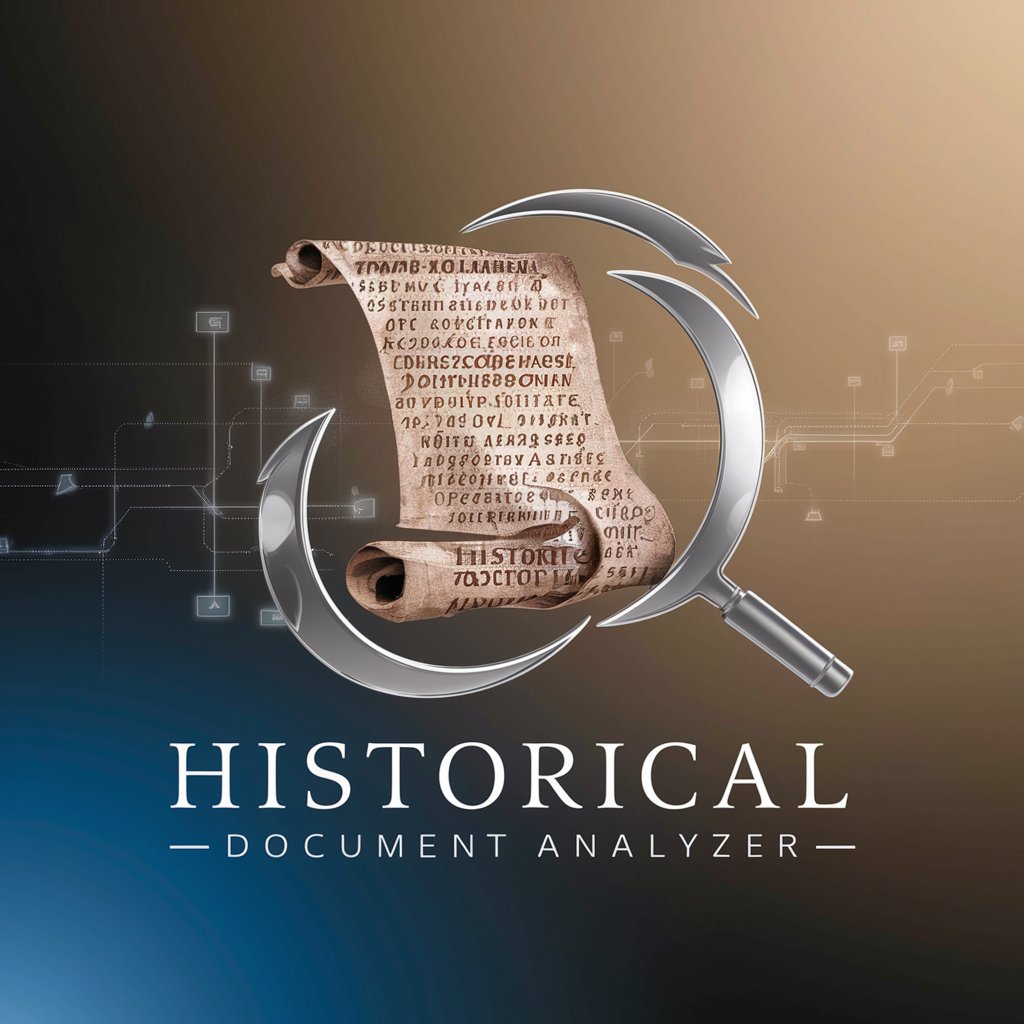
Expo React Native Pro
Streamline app development with AI-powered code insights.

SEO Meta & H1 Assistant
Empower Your SEO with AI

IntelliJ IDEA
Elevate Coding with AI-Powered Insights
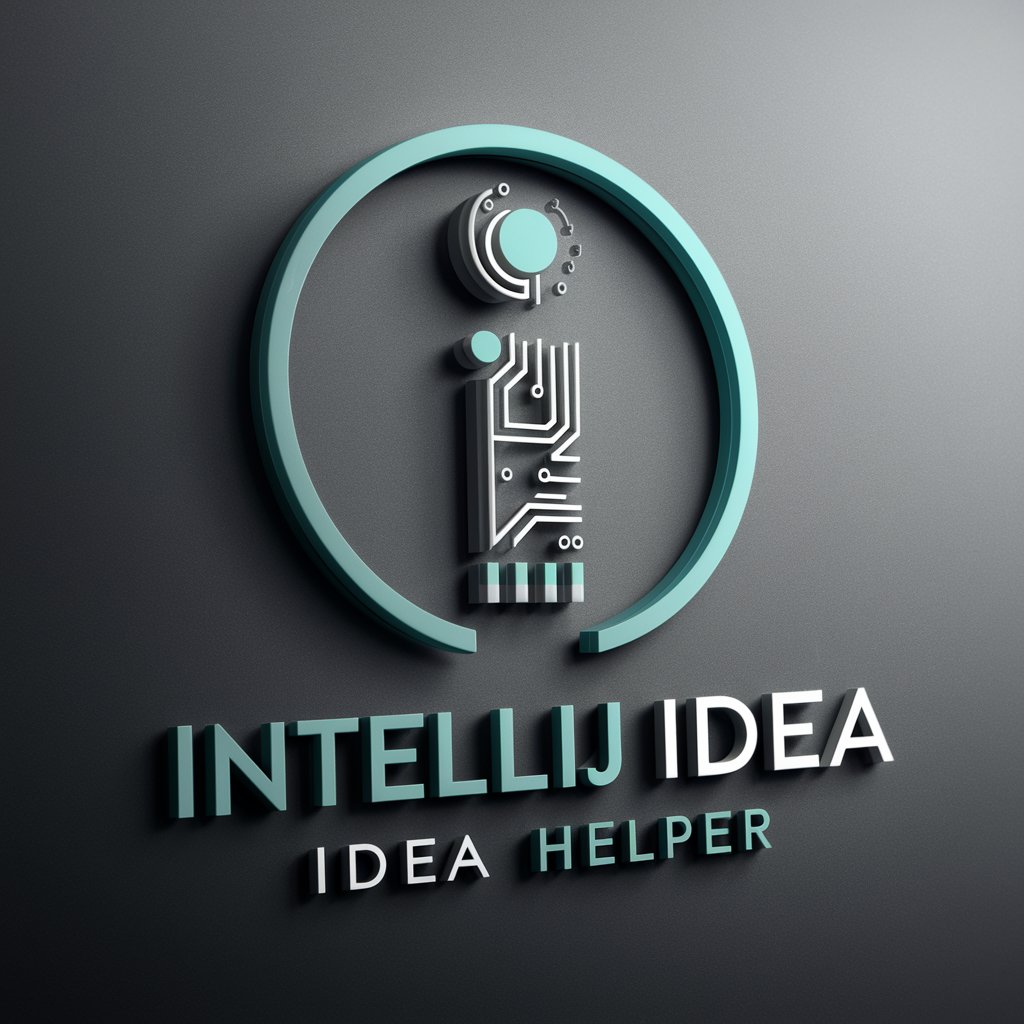
Idea Collider
Spark Innovation with AI-Powered Perspectives
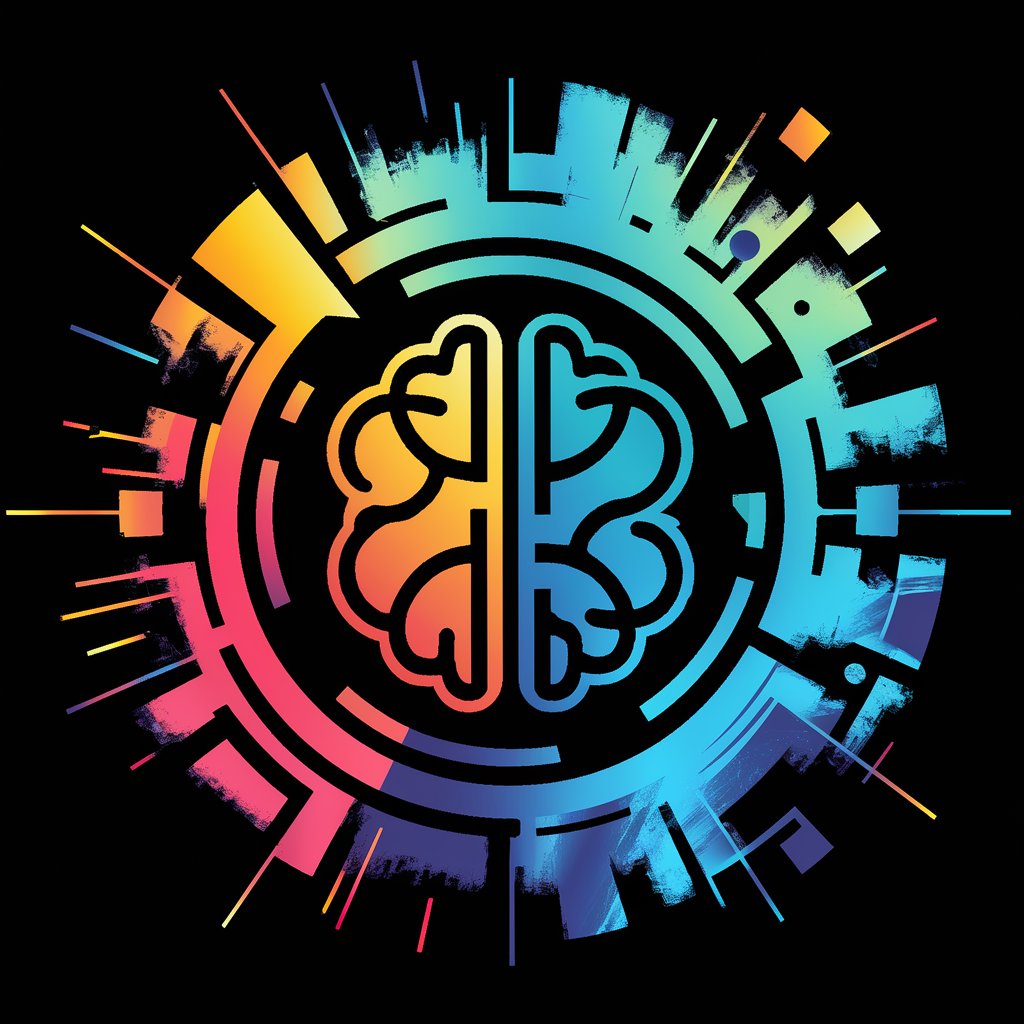
Japanese WWII Historian
Unveiling Japan's WWII History with AI

Jolly Judgement Day
Turning Terminators into Kindness Ambassadors

Python Pro
Empower Your Code with AI
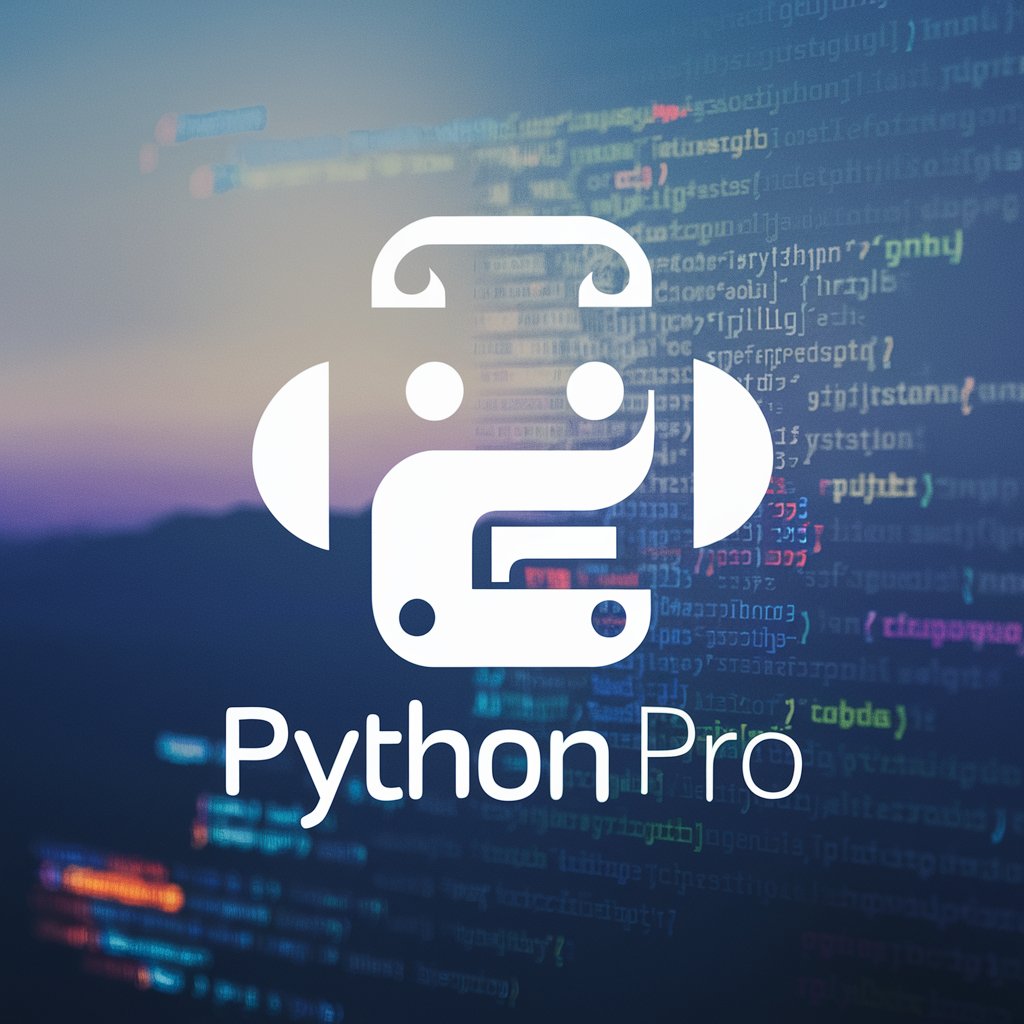
Geo Detective
Unlock locations with AI-powered analysis.

Trend Tailor
Your AI-powered stylist for tailored fashion advice.

MIRROR
Silent support for your reflective journey.
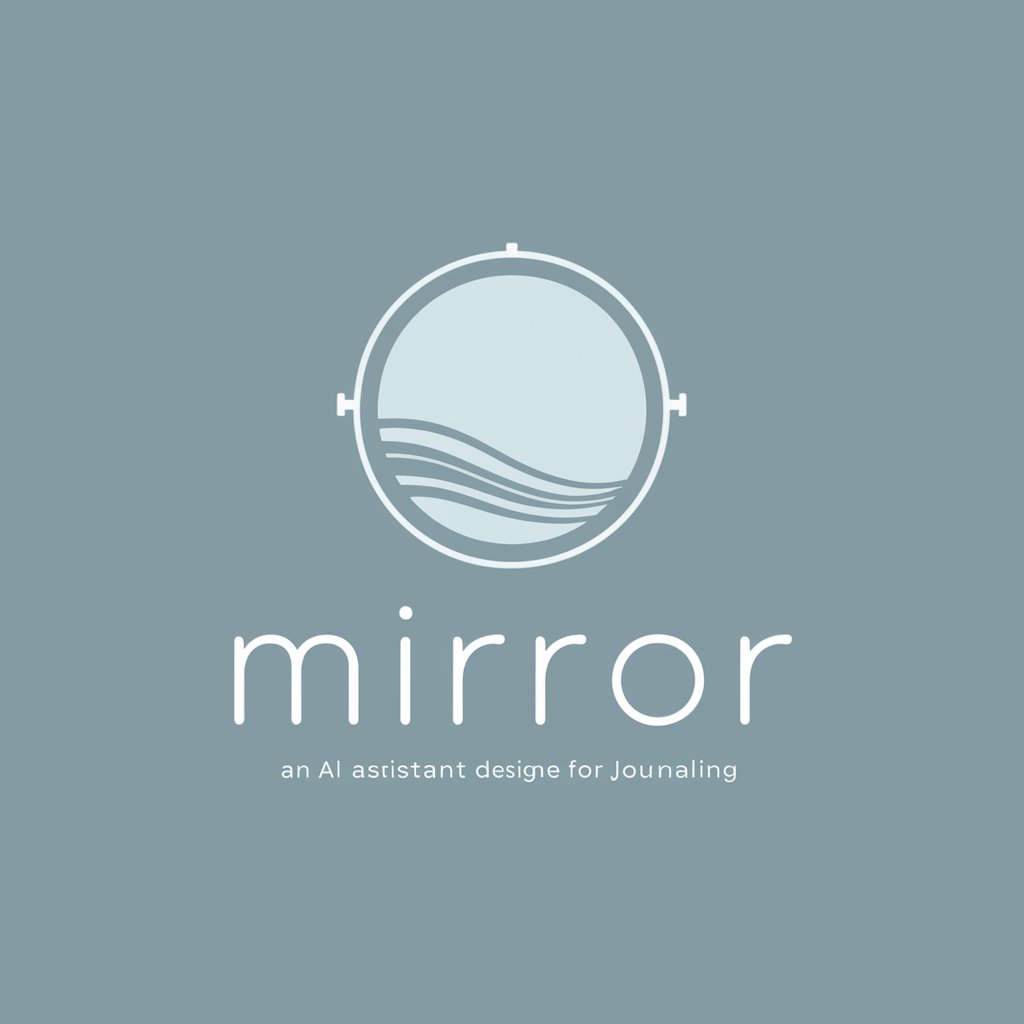
Frequently Asked Questions about Mind Guide
What is the primary focus of Mind Guide?
Mind Guide specializes in psychology education, particularly focusing on the DSM-5 and ICD-10 diagnostic criteria for psychological disorders.
Can Mind Guide diagnose mental health conditions?
No, Mind Guide is designed for educational purposes only and does not provide personal medical diagnoses.
How does Mind Guide present diagnostic criteria?
Mind Guide lists symptoms directly according to DSM-5 criteria, using a clear and straightforward labeling system (e.g., A, B, C, D).
Is Mind Guide suitable for professional healthcare providers?
Yes, Mind Guide is an excellent resource for healthcare professionals and students, offering comprehensive understanding of psychiatric diagnostics.
Can Mind Guide help in academic research?
Absolutely, Mind Guide is a valuable tool for academic research, providing detailed and accurate information on psychological disorders and diagnostic criteria.
